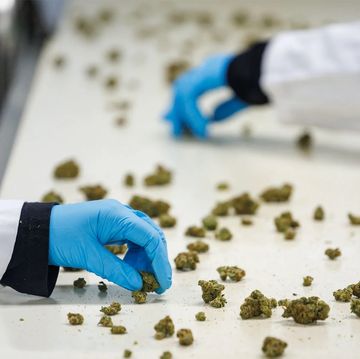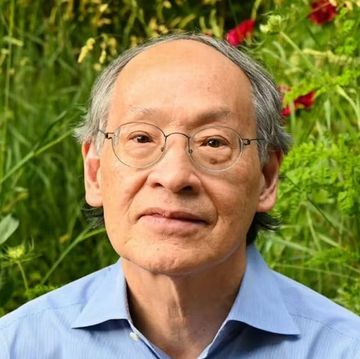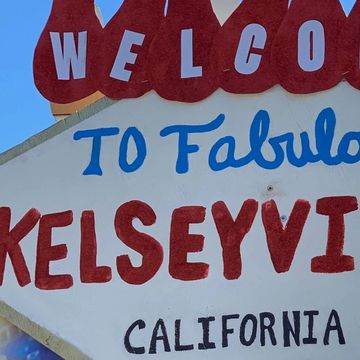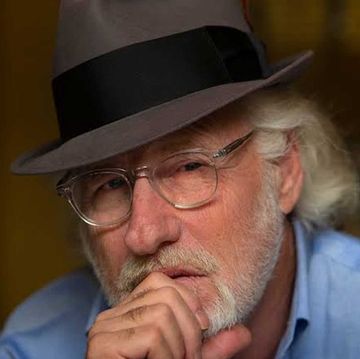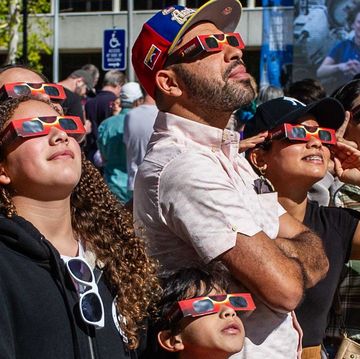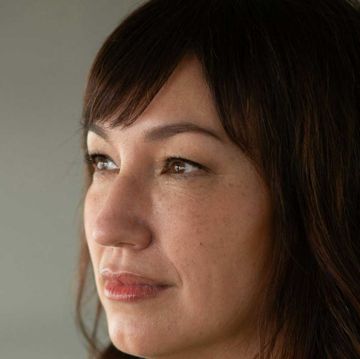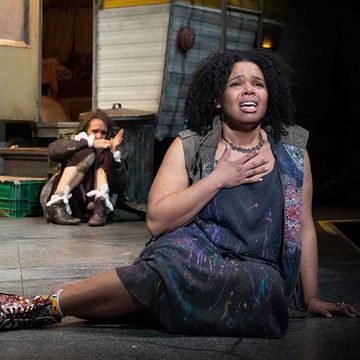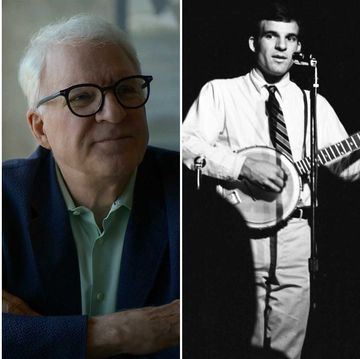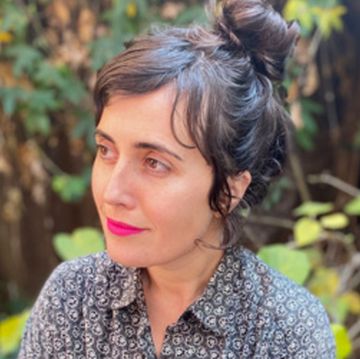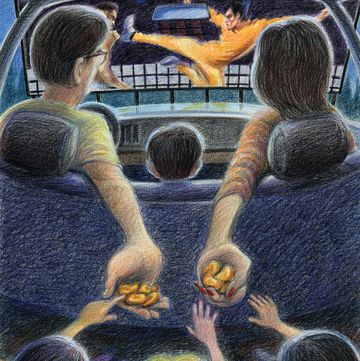Sage Lenier wants to yell at Apple. “Your business model is destroying the planet,” she’d tell executives, probably in the same conversational yet confident tone she uses to address her more than 43,000 TikTok followers—in one video with close to a million views, she critiques the U.S. education system while braiding her long hair over her shoulder. “You don’t pay people a living wage,” she’d say. “Your phones aren’t repairable. You have a linear model, where extremely durable goods only last a couple of years.”
This article appears in Issue 25 of Alta Journal.
SUBSCRIBE
Lenier, who is 24, delivers this imaginary reprimand calmly and methodically from a bustling Starbucks via Zoom. The coffee chain is another company whose business model she has a problem with—but hey, sometimes convenience is key for a self-described “high-visibility climate activist” giving out interviews left and right while launching a nonprofit and speaking all over the world about existential threats to our planet. Today, she’s preparing for a trip to France, where she’s been invited by the company Back Market, which sells refurbished tech devices. She plans to yell at them, too: “I’m really excited—on Juneteenth, too—to talk about what France did to Africa.”
This righteous bent toward activism has been with Lenier since high school in Southern California. “I was a very passionate teenager about racial justice and feminism,” she says. But her passion found a new target during an AP environmental science class. Her “villain origin story,” as she calls it, began with a lesson about topsoil collapse. Ninety-five percent of the world’s food grows in topsoil, now under grave threat because of industrialized agricultural practices. That lesson’s ultimate message? “Civilization was going to collapse, and we were all going to starve,” Lenier says. “I was like, ‘OK, what are we going to do about that?’ And I was not given an answer. That freaked me out.”
A “doomsday narrative,” as Lenier calls it, predominates in U.S. education about global environmental crises. That high school course Lenier took shares a curriculum with others throughout the country, and when Lenier went on to study at UC Berkeley, she says, her environmental science courses still dwelled on problems without providing solutions.
Through Berkeley’s Democratic Education at Cal program, in which students can design and teach their own classes, Lenier created an alternative lesson plan in 2018. Called Solutions for a Sustainable and Just Future, the course starts with a history lesson on the global economy. From there, it explores what a circular economy could look like (for example, products like iPhones could get as many lives as possible rather than be relegated to landfills), then transitions to units covering food systems, the design of resilient cities in the face of climate change, and decarbonization—all while emphasizing that people of color are most affected by changes to the climate.
Lenier’s class started out with 25 students, then grew to 50, then 85, then 160, and finally 300 in just five semesters. According to Lenier, it broke the record for the university’s largest student-run class and exceeded Berkeley’s limit on enrollment for peer-to-peer courses, but not without her having to “fight tooth and nail,” she says, for that first 160-student semester. By then, however, she was already getting press coverage for her groundbreaking material. “I’m making you look so good,” she recalls explaining to faculty who were getting quoted in those same stories. “Stop playing with me; let me do my job.”
Surveys from the class—which has been taken by more than 1,800 people and is still taught by undergrads at Berkeley—show that two-thirds of the students came from non-environmental disciplines. Even so, 71 percent reported that “they had or were planning to get involved in an environmental initiative or organization” because of the course. “[It] changed my life, changed my habits, and changed the way I envision our future,” Sophie de Groot, a conservation and resource studies major who just took the class, says. “For the first time in a long time, I felt hopeful for the future of our planet.”
Legacy academia wasn’t offering that hope, and during our conversation in that noisy Starbucks, Lenier appears most visibly frustrated when discussing how those institutions’ elitist proclivities obscure information with “elevated language.” For example, after graduating from Berkeley, Lenier entered the Yale Program on Climate Change Communication, where a full two hours one day went to dissecting the word ideology. “I was like, ‘So, climate change is happening right now,’ ” she says, her no-nonsense attitude showing itself in clipped words for her former teachers. “ ‘This is really cute…but I thought maybe we’d be moving a little faster.’ ”
That’s why, in February, now back in the West, Lenier expanded her class into a nonprofit of the same name that aims to develop action-focused, jargon-free environmental science curricula for kindergartners up through university students across the country. Since the nonprofit is still, in Lenier’s words, “so baby,” today that mostly means writing grants to obtain funding to create her teachings and spread them to students of all ages.
And Lenier won’t forget that dream of chastising Apple—she’s considering a future in corporate activism: “Whether that looks like consulting or yelling, I’m down for it.”•
Jessica Klein is a freelance journalist whose work has appeared in the Atlantic, the New York Times, and the Guardian. She is currently a contributing reporter at the Fuller Project, a nonprofit newsroom dedicated to reporting on issues that affect women.

